Trade-Offs When Ditching The 9 To 5
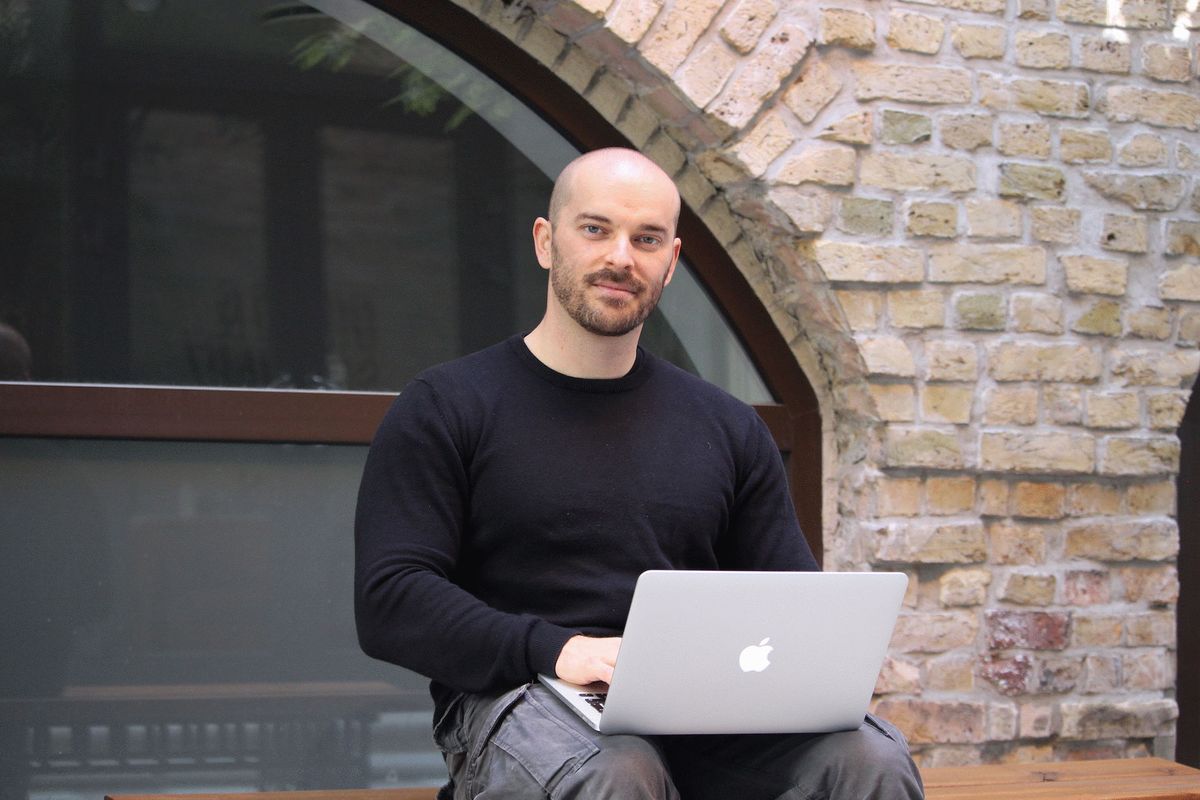
Quitting my 9 to 5 job was, as you probably know, one of the best decisions of my life. After years of freedom, I know I won’t be able to get back to a cubicle again. However, every important decision you make in your life comes with some compromises. In this article, I want to talk about some of the trade-offs when ditching the 9 to 5.
Is It Worth It?
But before getting into them, I want to say that, at least in my case, it’s definitely worth it.
Needing to take care of everything, not having the safety net of a steady job or being disconnected from the social environment of the office may not be everyone’s cup of tea. However, when I think about those “disadvantages”, they either don’t bother me at all, or I personally see them as opportunities that have allowed me to grow.
Needless to say, that may not be your case. We are all different animals. What works for me can be a nightmare for you. In the end, you need to follow your own path and make the decisions that will bring happiness and joy to your life.
Some Trade-Offs When Ditching The 9 To 5
In my experience, these are some of the trade-offs you will have to assume if you decide to quit your steady job and become a freelancer or start a new business. They are mostly related to how your personal life and work relate.
You Have To Make It Work
When you are inside your cubicle, doing the “clickety click” and the “tappety tap” thingy, most probably the future of the company is not in your hands. As just another worker, you do what you are told, clock out at 5, and get back home. Your responsibility is strictly limited to your work.
However, when you are on your own, you need to make it work. When you are a freelancer or start your journey as an entrepreneur, you are the company. It all depends on you.
That means you no longer can just go home and forget about it. You need to learn a lot of stuff if you want your business to survive. You need to develop and grow your customers base, market your product or services, take care of the accountancy or, at least, track the progress of the business.
In short, you need to know everything and need to decide on everything.
That’s a lot of responsibility, and it might not be for everyone.
Especially in the beginning, it can be quite overwhelming. There’s a lot of stuff you just don’t know, and so many things that can go wrong. That, ultimately, means a lot of work ahead of you until you figure out how to make it work.
Personally, this shift in paradigm from employee to entrepreneur has been quite positive. I have learned lots of different new skills, I have had to overcome my fears, and face completely new challenges. And I have grown as a person and as a professional as a result.
Related to this one, another of the trade-offs when ditching the 9 to 5 is…
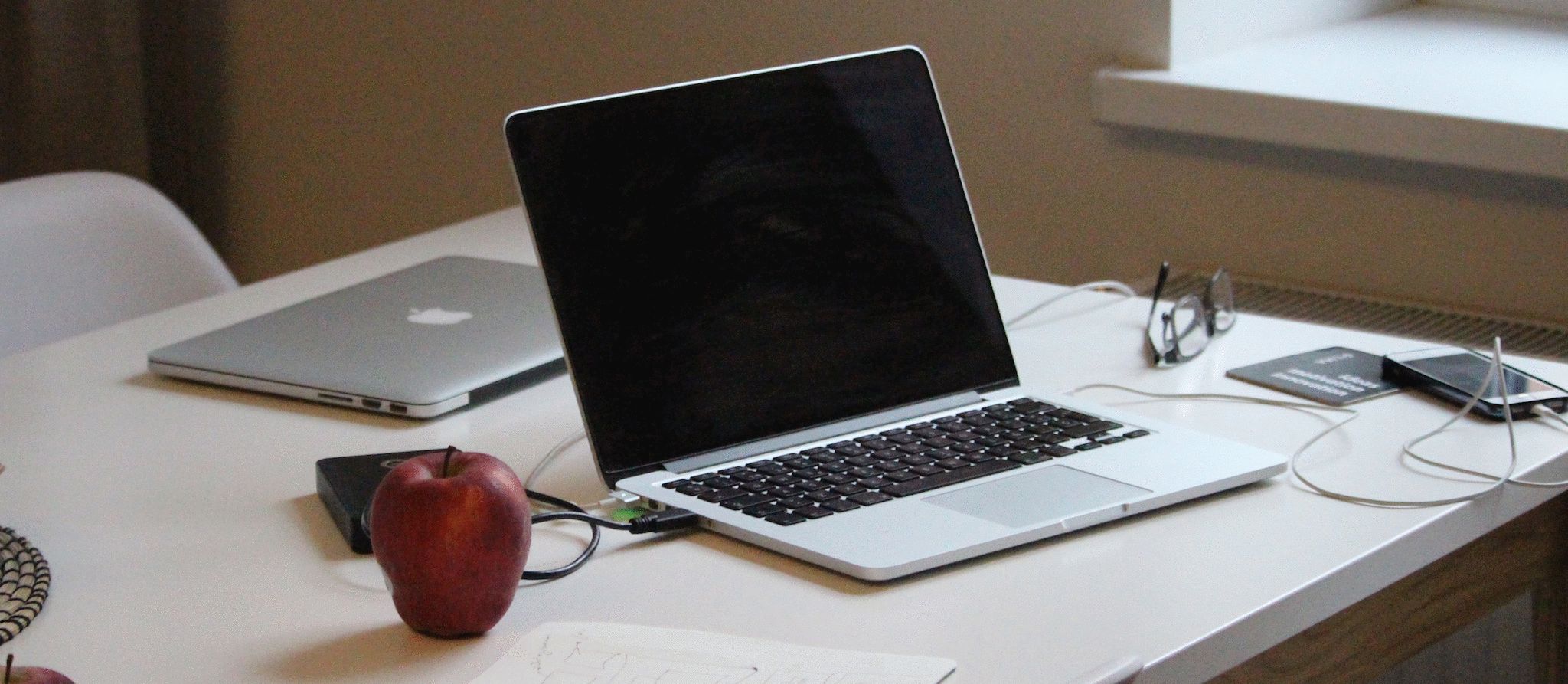
You Are Your Own Boss… But You May End Up Having Two Or More
Being your own boss? A trade-off? Are you joking? That might sound amazing, and it can certainly be.
But the caveat is that nobody will tell you to get back to work or will push you to meet the deadlines. It’s all on you.
Some people just don’t have a lot of self-discipline and work better when there’s someone else taking care of the schedule and making sure everybody on the team finishes their part in time.
Of course, not all freelancing jobs or entrepreneurial projects will give you this freedom. Especially if you work for American companies or startups, you may end up having daily stand-ups, or having to commit to a strict scrum methodology, filling Jira tickets and spending more time tracking your working hours than doing actual -productive- work.
So in that sense, you may end up with two or more bosses: you, and your customer. And the latter will probably change regularly as you switch projects, start-ups or companies. This changing environment is also a trade-off you would need to get used to from the very beginning. You would need to adapt to different working cultures, different bosses, and different corporate environments, on a monthly or even weekly basis.
Also, working as a freelancer with companies from all around the world will eventually mean working for a client that’s on the other side of the world. Concretely, at a very different timezone, and that means…
Weird Working Hours
That means that you will sometimes find yourself working nights, or during the weekends. If you live in, say, Europe, and your customer is American, when you are finishing your day, they are just starting theirs. Probably you may even have a meeting when you just spent 8 hours in front of your computer.
They are just beginning their days, fresh and ready, while you would rather have a snack and go to bed.
Obviously, the best possible scenario is being able to completely decide on your working hours. One of the most amazing advantages of escaping the cubicle is precisely working at your own pace. You are the owner of your time, and you get to decide when and how you want to work.
However, the rest of the world will still spin around the “normal” office hours. Your friends will be available on weekends, or after 6 pm, and may not have time to enjoy a brunch on a Tuesday morning.
Again, not all freelancing jobs will give you that freedom. And that means that you may end up working in a 9 to 5 scenario for a company that’s half a world away. Eventually, when you have enough experience, an amazing portfolio, and a good customers base, you will be able to choose which projects you want to work on.
All in all, you need to get used to these changing hours. The sense of self-discipline that I mentioned above is essential to meet deadlines, keep your customers happy, and balance your work with your personal life.
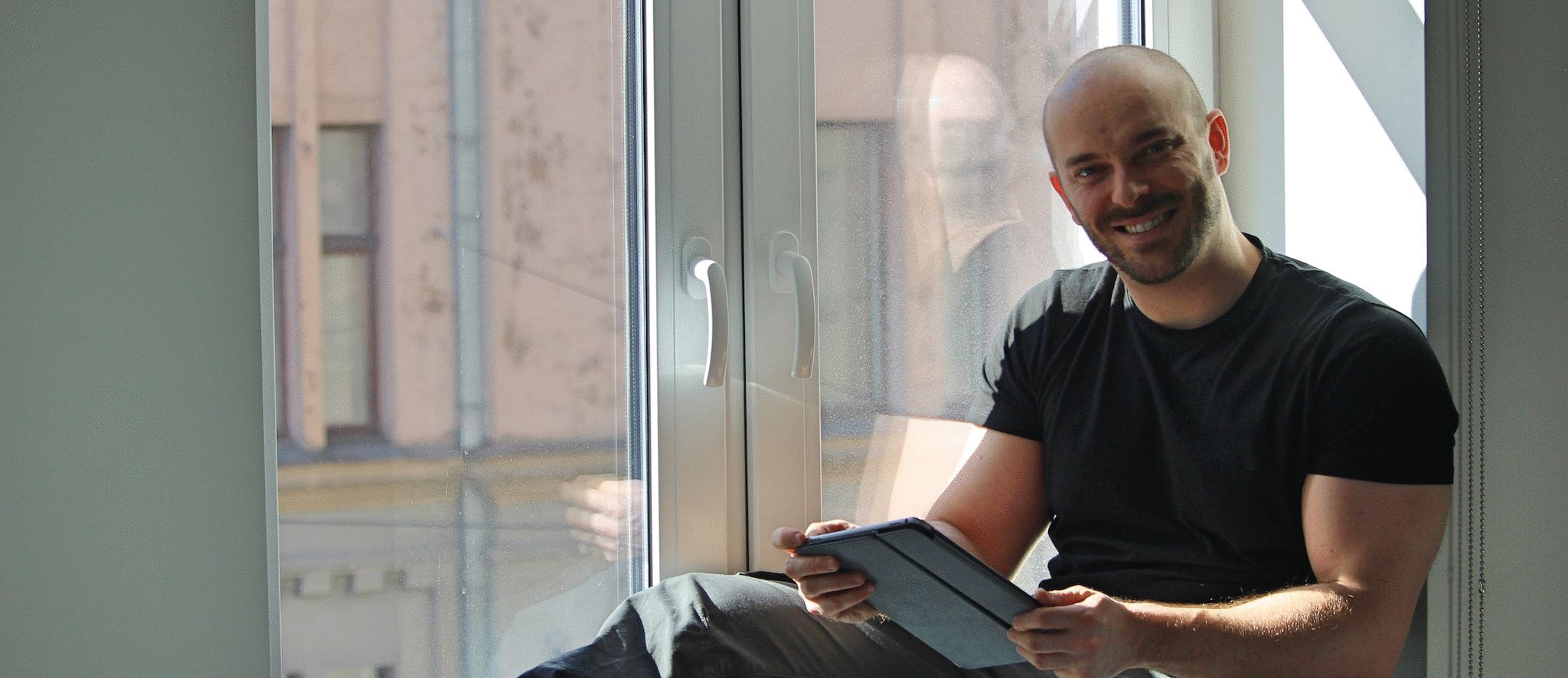
You Need To Separate Work From Your Personal Life
And that brings me to probably one of the most important trade-offs when ditching the 9 to 5. Finding the right balance between your job and your leisure time is not as easy as it is when you work in an office. Why?
When I worked in a cubicle, it’s true that I often carried some of my problems with me when I got back home. Sometimes my mind just kept on spinning around after a stressful day, keeping me awake.
However, it was easier for me to separate my job from my personal life. I would get home, and work was over. I could call my friends to hang out with them, go for a walk, or read a good book. Yes, I didn’t have much leisure time, to be honest, but there was a clearer separation between these two worlds.
When you work from home, or from a cafe, and your job is basically your laptop, it’s a lot harder. It’s so easy to just open the mail application and answer some emails, or have a look at the bug in the code that the customer mentioned, or maybe check the new change proposed for the design of your project.
This omnipresent availability of your work requires you to do an extra effort to avoid getting into a spiral of working, working and working. This is indeed one of the things I continue to struggle with myself. And that’s also in part due to the fact that I am a workaholic, and I love my job. The line between job and leisure can get really thin in this situation. But you need to clearly define it. It’s essential for your sanity.
No Steady Income
Of all the trade-offs when ditching the 9 to 5, this is probably the most distressful one for a lot of people. A steady, 9 to 5 job at a big, big company usually means being paid every month, rain or shine. If you fall ill and have to spend two weeks at the hospital, you don’t need to worry about your work. Someone else will pick it up, or it will still be waiting for you when you feel better.
If you work for the government as a public servant or clerk, you know that your job and your salary are guaranteed. Even if you are amazing at your job, all that’s expected of you is to show up at your desk during your working hours.
When you are no longer working for a big company, or for the government, but for your own business, it’s a completely different story.
Obviously, there are many possible situations here. It all depends on your activity, if you are a freelancer whose income is tied to your working hours, or you have a business that works on autopilot. Perhaps your income is completely passive, or you earn money via affiliate links and can afford two weeks or more off.
However, in most cases, your income depends -to a lesser or greater exempt- on you. More specifically, on your work. You need to keep on finding customers, making sure they can find you, working on your portfolio or expanding your business, diversifying your sources of income, etc.
This, in my experience, is actually a great thing. It makes you more conscious about the worth of your work, and why it’s necessary to offer a great service to your customers, keep on learning every day, and facing new challenges regularly.
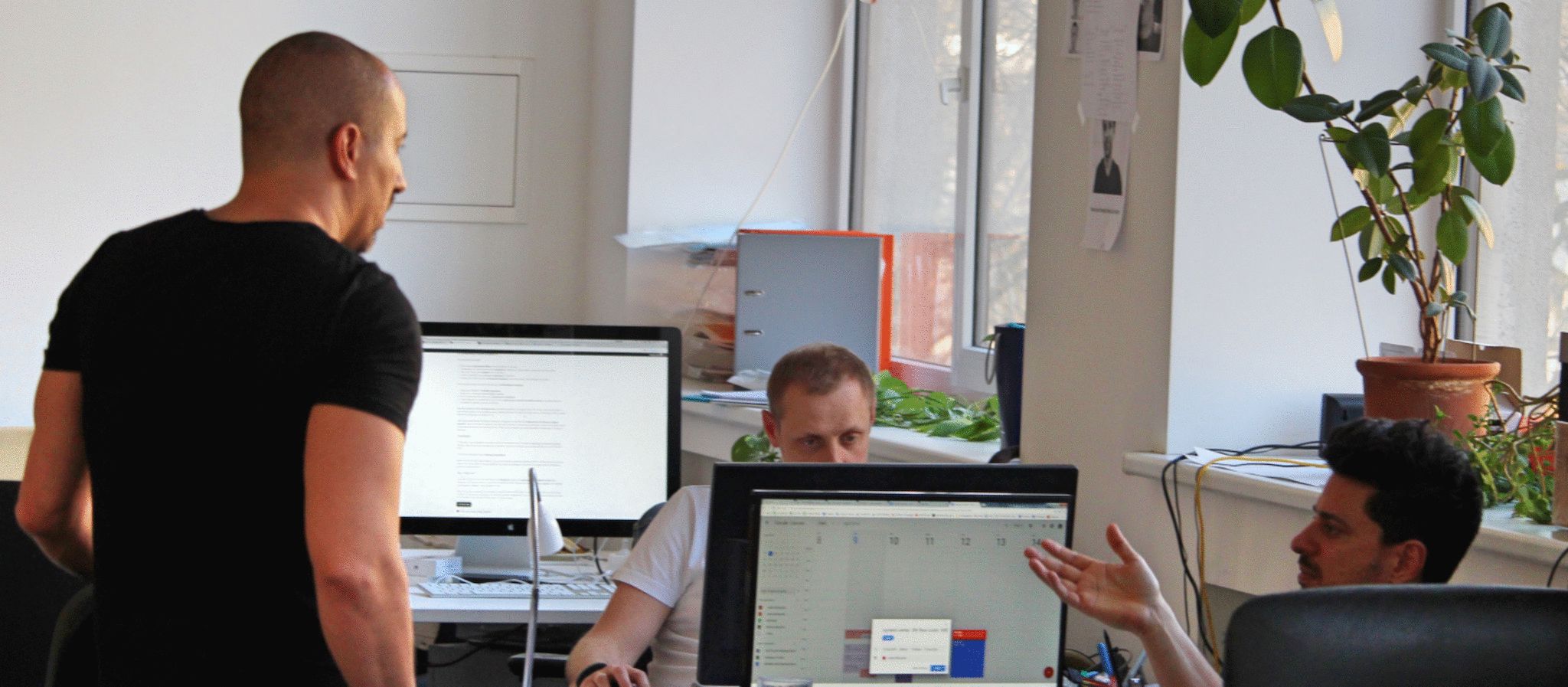
You Work Alone
It’s not my case, but some people can’t work alone. When you work in an office, you can socialize with your colleagues, enjoy some coffee with them during the breaks, and perhaps even a nice conversation. Sometimes, some of these colleagues become friends. Some of my friends have married someone they met in their jobs, and that’s great.
When you quit your job and start freelancing, or become an entrepreneur, you don’t have an office anymore. That was the plan, remember? If you -like me- don’t need this kind of social interaction on your job, that’s ok.
But some people really enjoy it, and really miss it when they take the leap. So my recommendation is: look for a good co-working space or community of freelancers or entrepreneurs you can join.
Actually, this is, in my opinion, a great piece of advice. Even if you prefer working alone, it’s always a good idea becoming a member of a co-working center or community of entrepreneurs. It will allow you to do some networking, meet potential customers or collaborators, and keep in touch with the technological scene.
Obviously, an office gives you more opportunities to create long-term relationships, as you all stay there for years. But quantity does not always equal quality when talking about time spent with your teammates.
In my case, I rarely felt like I made deep, meaningful connections with my coworkers on most of my jobs. When I did, I knew right away and continued this friendship outside our jobs.
That’s why I have no problem working alone, or in a rapidly changing environment. I actually think it’s better to work in a place with more movement. it gives you more opportunities to meet interesting people.
In that case, you can always hang out with them after work.
Conclusion
Years ago, I quit my job and became a freelancer first, and an entrepreneur next. That was one of the best decisions of my life. Since then, I have become a digital nomad, opened my company in Estonia, and travel the world with my partner. In my mind, it all traces back to that single day and that brave decision.
However, there are some important trade-offs when ditching the 9 to 5. In this article, I discussed some of them. All in all, none of these trade-offs would make me look back and consider getting into a cubicle again. Never.


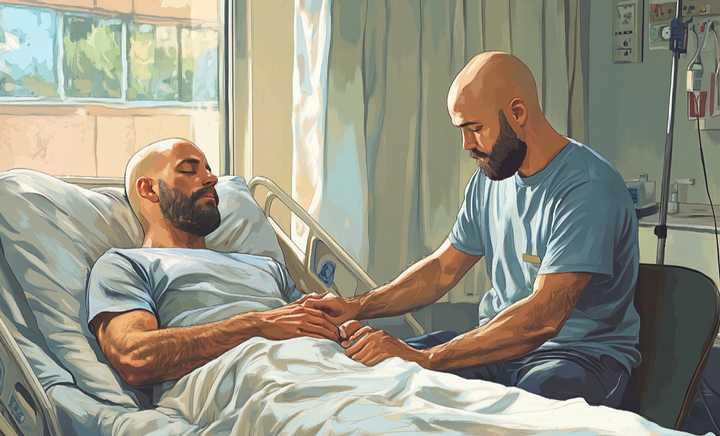

Comments ()